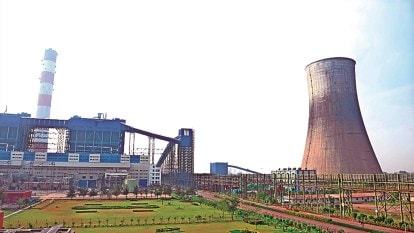Power Minister Khattar has outlined a strategic approach to meet India’s growing energy demands by emphasizing the continued use of thermal power plants until 2035. This decision comes as the country grapples with a rising energy requirement driven by economic growth and population expansion. Khattar stressed that while thermal energy will play a crucial role in ensuring energy security in the near term, the government is equally committed to transitioning towards renewable energy sources to achieve net-zero emissions.

Source:- bbc news
The minister acknowledged that thermal power, primarily generated from coal, has been a cornerstone of India’s energy mix, providing a stable and reliable source of electricity. However, he also highlighted the need to balance this with environmental sustainability. The plan involves ramping up thermal power generation until 2035, which is seen as essential for meeting immediate energy demands and supporting industrial growth.
Source:- news 18
Following this period, Khattar indicated a significant pivot towards renewable energy sources, aiming to drastically reduce reliance on fossil fuels. The government plans to invest in solar, wind, and other renewable technologies, aligning with its commitment to international climate goals and the Paris Agreement.
This dual approach reflects an understanding of the complexities involved in transitioning to a greener energy landscape. It recognizes that while thermal power is currently necessary, a robust strategy for developing renewable energy infrastructure is essential for a sustainable future.
Khattar’s announcement comes amid increasing pressure from environmental advocates and global trends towards decarbonization. The minister’s commitment to a phased transition seeks to ensure energy security while addressing climate change, paving the way for a balanced and sustainable energy future for India.
Share your views in the comments

